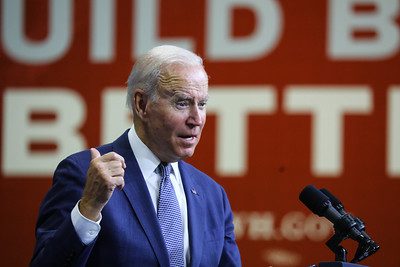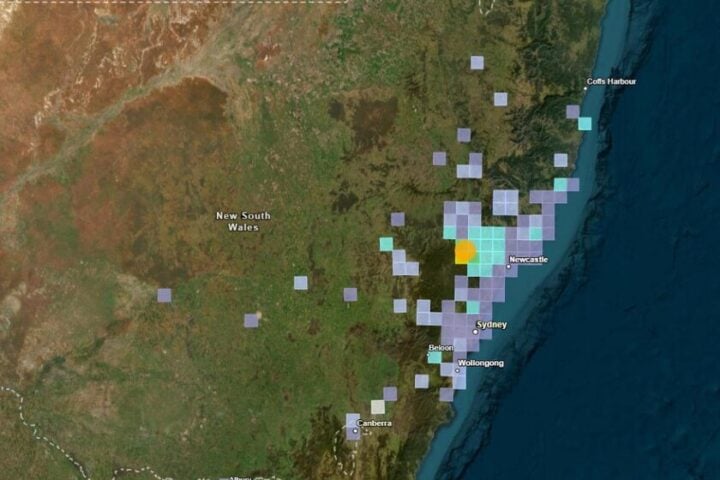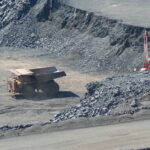The Biden administration has declared on Thursday that it aims to entirely evacuate 225,504 acres in northern Minnesota forest region, which is inhabited by substantial domestic crucial mineral stocks, over the next 20 years.
The Department of the Interior (DOI) has taken this action, disallowing any mining endeavors in the Duluth, Minnesota’s Boundary Waters Canoe Area Wilderness and its surrounding areas for the next 20 years. The move is to preserve the ecological balance and safeguard the watershed, as environmentalists were concerned about the potential contamination caused by mining operations.
The Department of the Interior places high importance on its responsibility to oversee public lands and waters for the benefit of all Americans. According to DOI Secretary Deb Haaland, safeguarding the Boundary Waters is crucial to maintaining the integrity of its watershed and wildlife, fulfilling its obligations to Native American tribes and treaties, and supporting the local recreation economy.
Haaland stated that with a focus on preserving this unique area for future generations, the decision was made based on comprehensive scientific analysis and extensive public feedback.
In response to the cancellation of mineral leases held by Twin Metals Minnesota in the Superior National Forest, located outside of the Boundary Waters Canoe Area Wilderness, the DOI took action last year that has effectively banned domestic mining companies from operating in the region for the near future, leaving its abundant critical mineral resources untapped.
Nevertheless, Twin Metals’ mining venture holds a major portion of the country’s cobalt reserves, along with substantial copper, nickel and platinum-group elements. These critical minerals play a crucial role in various eco-friendly energy technologies like electric vehicle batteries, battery storage facilities, solar panels, and wind turbines, which the Biden administration has been pushing vigorously.
For instance, the International Energy Agency states that an electric vehicle demands 500% more minerals compared to a traditional gasoline-powered car, while a single onshore wind turbine plant requires 800% more minerals compared to a typical fossil fuel plant.
However, despite the demand for these minerals, the global mineral supply chain is dominated by China, other hostile nations, and countries with serious human rights issues.
The State Department recently signed an accord that paves the way for funding mining operations in the Democratic Republic of the Congo (DRC), which produced over 70% of the world’s cobalt supply in 2021 and possesses 3.5 million metric tons of cobalt reserves. Nevertheless, previous investigations have uncovered the use of child labor in cobalt mines in the DRC.
House Natural Resources Committee Chairman, Rep. Bruce Westerman (R-Ark), expressed that if the Democrats were genuinely committed to fostering renewable energy sources and breaking China’s monopoly in the global market, they would promote responsible mineral development in the US. He highlighted that minerals are essential for the future of renewable energy, in addition to their crucial role in defense systems, satellites, cellphones, and almost every other advanced technology.
Westerman criticized the Democrats for playing political games with American industries, while China and Russia reap the benefits. He described the administration’s decision to withdraw from this mineral-rich region as targeting one of the country’s most promising mines, as short-sighted, foolish, and unscientific.
He concluded that President Biden seems to have no concern for the impact on Minnesota mining communities and the entire American economy.
The CEO of the National Mining Association, Rich Nolan, has expressed his concern regarding the withdrawal of 225,504 acres of land in Minnesota’s Superior National Forest. According to Nolan, the decision is contradictory to the Biden administration’s goals of electrification, energy transition and supply chain security. The land in question could have provided abundant sources of minerals such as copper, nickel, and cobalt for American manufacturers, but now it may result in the establishment of mining operations in countries with lower environmental, labor and safety regulations. Nolan believes that closing off US land to responsible domestic mining does not align with the country’s aspirations to be a leader in manufacturing, innovation and climate.


















